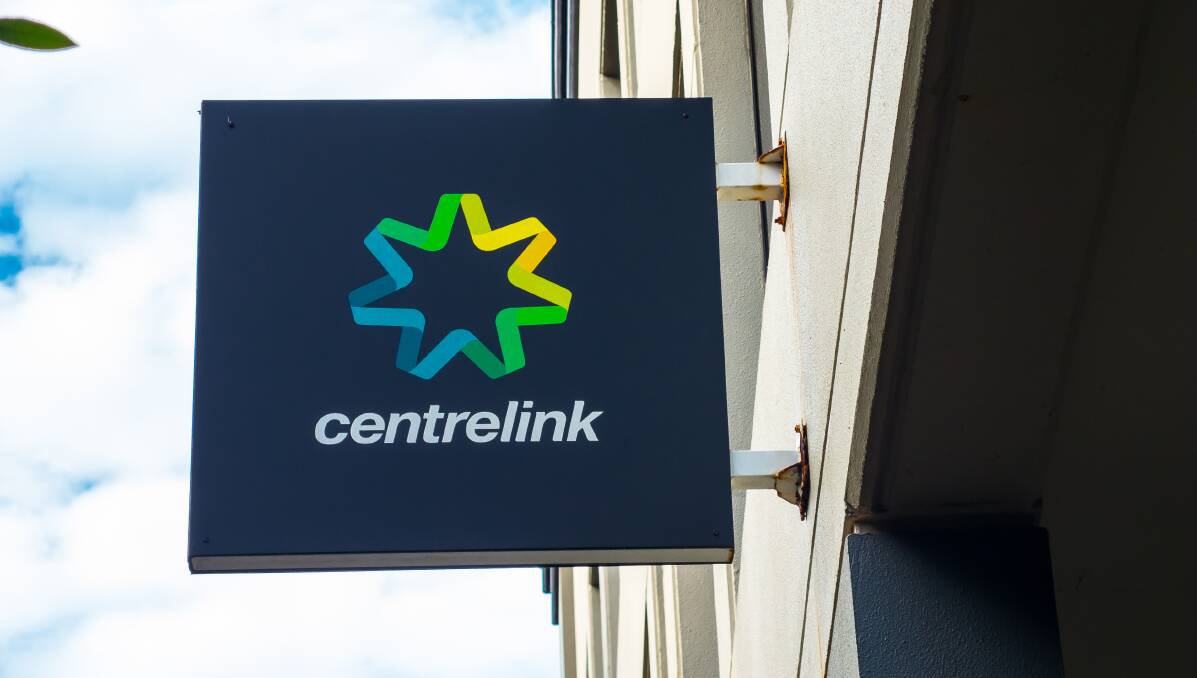
Welfare and tax. Centrelink/Services Australia and the Australian Taxation Office. Often seen as polar opposites, they are, in fact, the two sides of the Australian societal coin.
Subscribe now for unlimited access.
$0/
(min cost $0)
or signup to continue reading
Most of us have interacted with one, if not both of these bureaucratic monsters.
The constant contest of competing interests lobbying for more welfare and less taxation leaves government in a "no-win" situation desperately trying to calibrate principled policy settings whilst relying on the monstrous bureaucracies for the administration.
With the so-called "Robo-debt" the principle was absolutely right.
People should not claim more than that to which they are entitled.
Therefore, accurate reporting of income and sharing information with other government agencies made sense.
Welfare payments which consume about 35 per cent of the federal budget are in fact money paid for by those of us who pay tax.
Australian taxpayers don't begrudge helping those in need but expect government to ensure their hard-earned tax dollars are protected and distributed on the basis of need.
Strict eligibility criteria needs to be applied and enforced.
One suspects so far everyone is on board. The principle is sound.
The bureaucracy in seeking to implement this sound principle was clumsy and ham-fisted, or as the bureaucrats might say "sub-optimal".
The uncertainty, anxiety and hardship that was caused has been well documented.
The power imbalance of a vast bureaucracy over a welfare recipient is obvious.
My office helped countless of our fellow Tasmanians to resolve the inaccurate claims being made by the bureaucracy.
It's one of the privileges of public office to help people in need grappling with an unsympathetic bureaucracy.
It's also one of the frustrations to witness the outcomes of such an unsympathetic bureaucracy.
It took too long to resolve and led to justifiable criticism of process and more importantly, unjustifiable upset and uncertainty to many of our fellow Tasmanians.
Whilst reining in welfare spending is a worthy public policy pursuit, its administration is just as important.
The exact same scenario plays out on the other side of the coin - taxation.
Too often the debate is solely about the level and rates of taxation rather than how the system is administered.
With taxation, the imperative is that in a fair society people capable of paying tax should pay their appropriate share to help fund, amongst other things, welfare.
On this principle, one hopes we all agree.
It is in the administration, like with welfare payments, that lives can be ruined.
MORE OPINION
One example is Kathryn Little, a transcription contractor whose ABN was abruptly cancelled by the ATO.
To quote her: "No one could give me a reason why the ABN had been cancelled. No one could tell me which part of the legislation or what part of the guidelines or what part of the regulations I did not comply with."
Or, consider the case of self-employed IT engineer Rod Douglass, as outlined in a submission to the House of Representatives Committee on Tax and Revenue in October 2018.
He was pursued by the ATO for more than half a million dollars for alleged fraud or evasion for distributing half of his income to his spouse for tax purposes, in spite of a statement on the ATO's website that splitting income with a spouse was legal and acceptable.
The Australian Small Business and Family Enterprise Ombudsman received more than 100 requests for help from small businesses in their dealings with the ATO, following a 2018 Four Corners report on the subject, and these are only those who have proactively sought help.
Undoubtedly, many continue to suffer in silence.
The core of the problem is this: there is a power imbalance between the ATO and small business and individuals.
If the ATO pursues a particular business or person over an alleged tax debt, it has access to considerable powers.
It can cancel ABNs, amend assessments without notice and with little opportunity for appeal, and even access bank accounts for garnishment before those in question are even aware there is an issue.
Its access to resources and legal expertise dwarfs that of the small business people it often targets, and it has the luxury of time - unlike most small-business people who depend on a regular cash flow to pay staff, suppliers and so on.
The ATO should recognise it is a service organisation - a recognition which would provide the necessary cultural shift.
As a service organisation it would seek to serve, understand, help and support, rather than simply demand.
Bureaucracies are a necessity.
The vast bulk of their personnel see themselves as servants of the public.
What is needed - be it in welfare or taxation - is a cultural change where all customers are treated respectfully and not assumed to be welfare, or tax, cheats.
- Eric Abetz, Tasmanian Liberal senator

